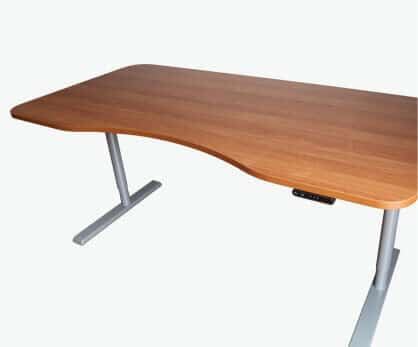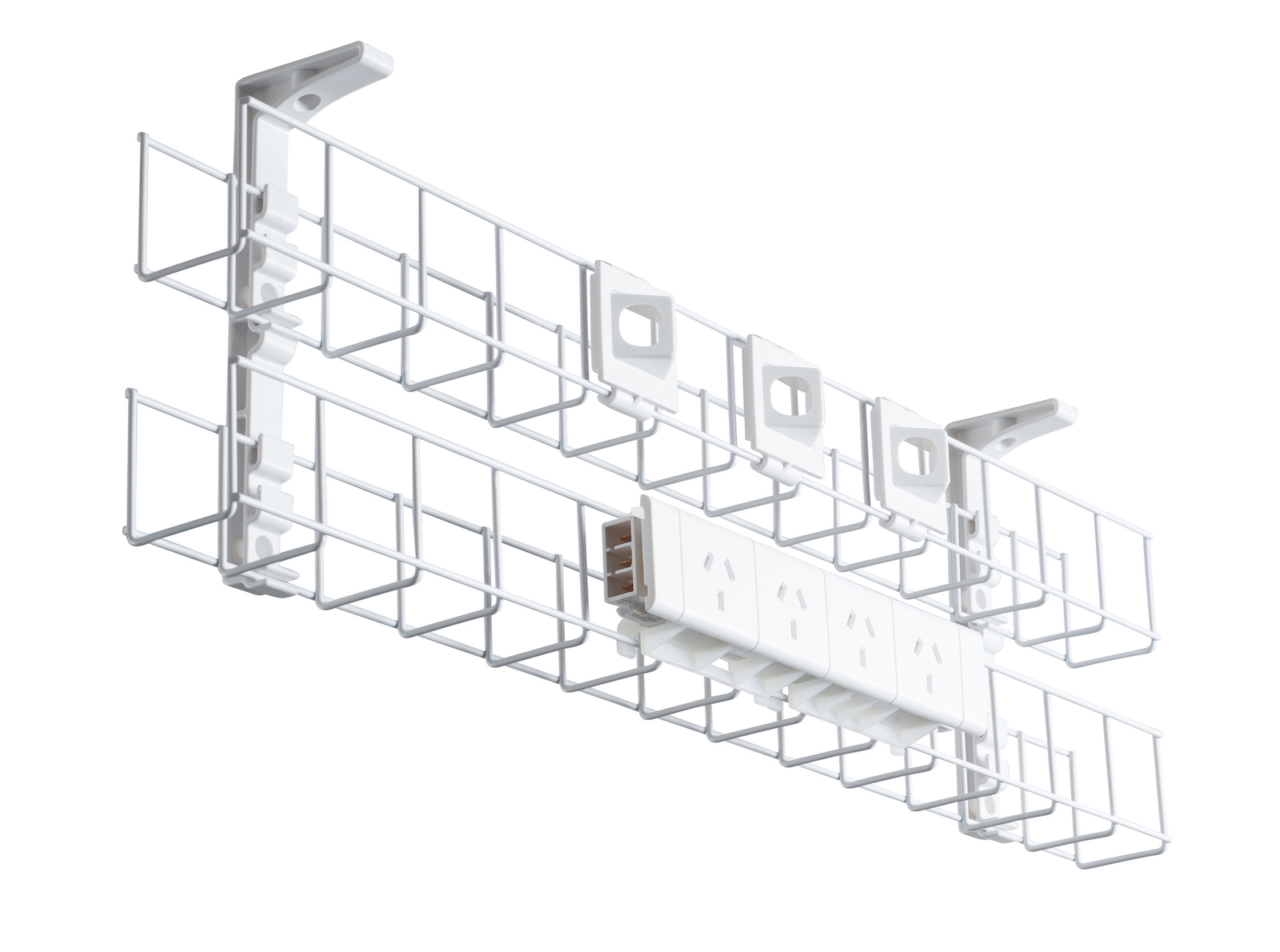
Sleep Deprivation: The Hidden Costs and Unforeseen Dangers
procrastination,” which refers to the act of delaying sleep to reclaim some personal time. This is often a result of feeling overworked or not having enough leisure time during the day. The paradox, however, is that this act of rebellion against the clock often leads to a vicious cycle of sleep deprivation and decreased productivity.
Sleep deprivation is not just a minor inconvenience. It’s a major health concern that can have far-reaching consequences. According to numerous studies, lack of sleep can impair your immune system, hinder your problem-solving skills and emotional regulation, and even increase your risk of dementia and early death.
Despite the well-documented health risks, many people willingly deprive themselves of sleep in a misguided attempt to boost productivity or spark creativity. This is often fueled by the adrenaline and dopamine rush associated with sleep deprivation, which can create a temporary feeling of alertness and focus.
However, this is a dangerous game to play. According to Dr. Colleen Hanlon, a researcher in deep transcranial magnetic stimulation, the state of heightened awareness induced by sleep deprivation is transient and deceptive. “You kind of fool yourself into being cognitively very aware,” she says. But the reality is that whatever you’re doing while you’re in that state, you’re probably not doing it as well as you think you are.
The effects of sleep deprivation extend beyond health and productivity. It can also impact your mental state, especially if you’re prone to procrastination or have a busy schedule that leaves little time for relaxation. The quiet of the night can provide a sense of calm and focus that is hard to find during the hustle and bustle of the day.
However, seeking solace in the silence of the night should not come at the expense of sleep. A better solution would be to optimize your workspace for productivity and wellness. One way to do this is by investing in an electric height adjustable standing desk. Using a standing desk can help to reduce the risk of sedentary behavior, which is known to contribute to a host of health problems, including obesity, diabetes, and heart disease.
Another advantage of using a standing desk is that it can help to promote better posture, which can in turn lead to improved focus and productivity. But how to choose the best standing desk for your needs? Look for one that is sturdy, easy to adjust, and has a spacious work surface. You might also want to consider a sit-stand desk, which allows you to alternate between sitting and standing throughout the day.
In addition to optimizing your workspace, it’s important to prioritize sleep. This could mean setting a regular sleep schedule, creating a restful sleep environment, or seeking professional help if you’re struggling with insomnia or other sleep disorders.
In conclusion, while the allure of late-night productivity may be tempting, it’s important to remember that sleep deprivation is not a viable strategy for success. Instead of burning the midnight oil, consider investing in a best sit stand desk and prioritizing sleep. The health benefits of an electric stand up desk and a good night’s rest are far greater than any temporary boost in productivity you might get from staying up all night.
Remember, your health and well-being are the foundation of your productivity. Without them, all the standing desks and late-night brainstorming sessions in the world won’t make you successful. So make sleep a priority, invest in your workspace, and watch your productivity soar.





